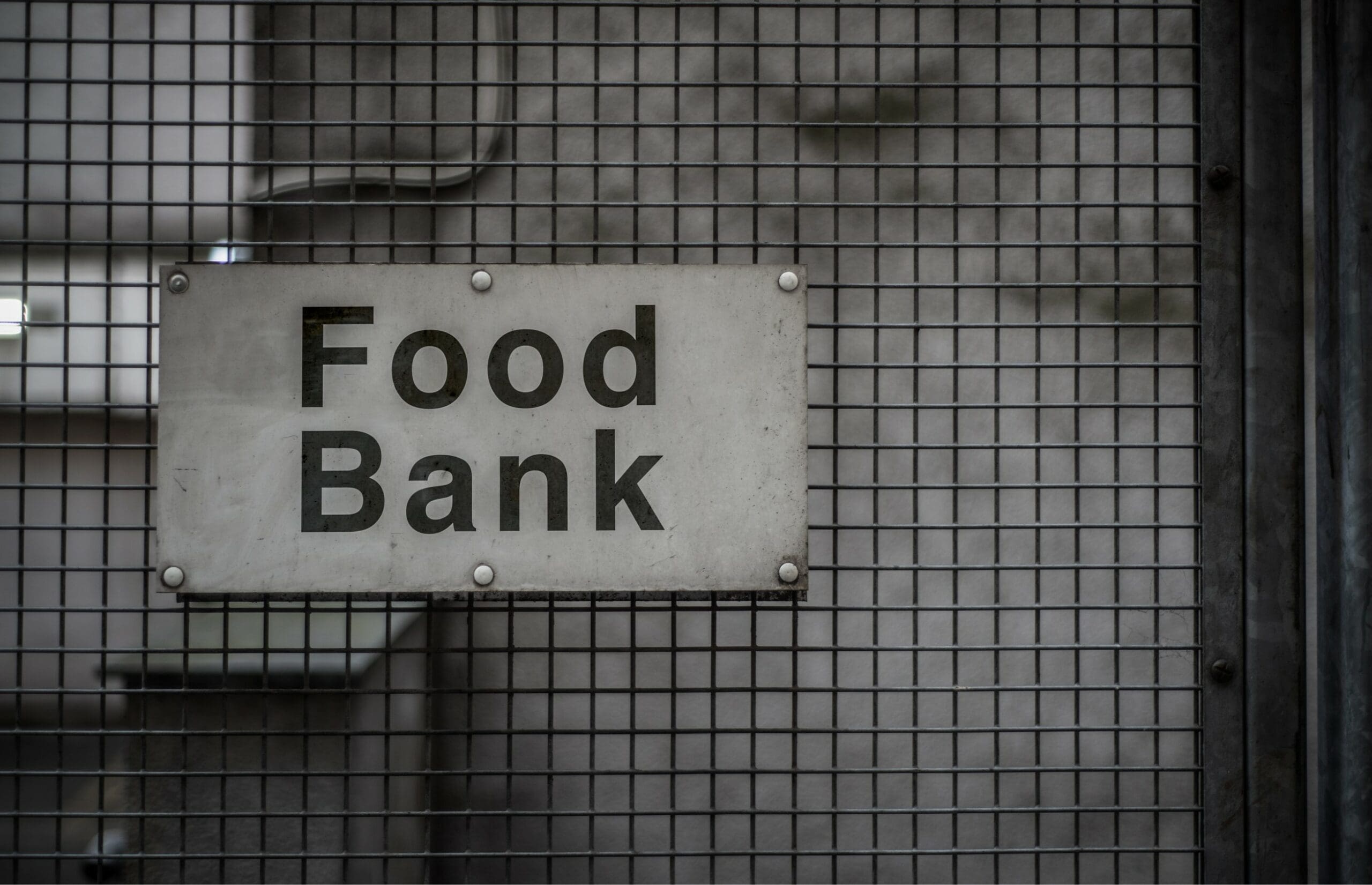Food banks are increasingly “taking over from the welfare state”, former Labour PM Gordon Brown has warned, amid growing concerns that lack of state support is forcing them into a permanent role in fighting poverty.
With food banks increasingly warning that even working people are seeking help, a new “multibank” model is now emerging to help families with everything from hygiene products to furniture. However, concerns are growing within the food aid movement that their services are becoming so widespread that they are now a crucial fixture, rather than a last resort.
Writing in the Observer last Sunday, Brown, who works with a multibank in Fife, calls on companies to donate their surplus goods and produce more items at cost price as he warns of “rising deprivation among those without money or power”. He also warns food banks are filling the growing hole in support.
“As charities take over from the welfare state as our national safety net and the food bank, not the social security system, becomes the last line of defence against destitution, it is difficult not to fear for the future,” he writes.
The Trussell Trust, which works to fight hunger in the UK, distributed a record 3m food parcels in 2022-23, and recent research suggests that basic state benefits given to low-income households are at least £140 a month below the real cost of food, energy and everyday basics.
Keely Dalfen, head of the Brick By Brick multibank in Wigan, said she had thought “long and hard” before deciding to go ahead with the project. “We need to be having these difficult conversations about food banks,” she said.
“Charities like us are becoming more and more an extension of the welfare state. That does worry me a lot, because we don’t have the resources to do it. We’ve got to do the multibank, because we’re seeing so many people that are in absolute destitution. But it’s also something that I don’t want to be doing for ever.”
A huge number of academics and charities wrote to the Observer earlier this year warning that a “growing reliance” on food banks risked discouraging proper state policies to deal with poverty. There are more than 2,500 food banks now operating in the UK.
“Food bank volunteers cannot go on strike but they can call out the paradox that means they’re endlessly filling an ever-increasing gap that simply won’t close,” said Sabine Goodwin, co-ordinator of the Independent Food Aid Network. “It’s important to imagine a time when food bank teams’ compassion, kindness and resilience could help people in so many other ways. Providing an adequate safety net that ensures people can afford food is the responsibility of government, not of an army of volunteers and charities increasingly supported by corporate interests.”
Helen Barnard, director of policy, research and impact at the Trussell Trust, said it was “undoubtedly the case” that recent years had seen “more and more people finding themselves with no option but to turn to charitable food aid”. She added:
“It is clearly unacceptable that as a society, we’re becoming dependent on charitable, volunteer-run organisations to help people survive. That is not what was ever intended. Food banks were supposed to provide short-term support to people in an emergency. They were never supposed to be a lasting solution to poverty.”
Sir Michael Marmot, who led a pioneering work into health inequalities in 2010, said that it was a “grim picture” that food banks were now so widespread. “I wouldn’t close a single food bank, there is a fire raging and we do have to put it out,” he said. “I’m full of admiration for the organisations and individuals who do it. But it’s not a long-term solution. In my 2010 report, I recommended that everyone should have at least the minimum income necessary for a healthy life. We’ve been retreating from that.”
The government said: “We are committed to helping the most vulnerable and that’s why we have provided an extra £1bn to the household support fund to help with essential costs including food, clothing and utilities. We are providing record levels of direct financial support to help vulnerable families with the cost of living – £1,200 last year and a further £1,350 in 2023-24 – and we have also recently uprated benefits by 10.1% and made an unprecedented increase to the national living wage.”





















